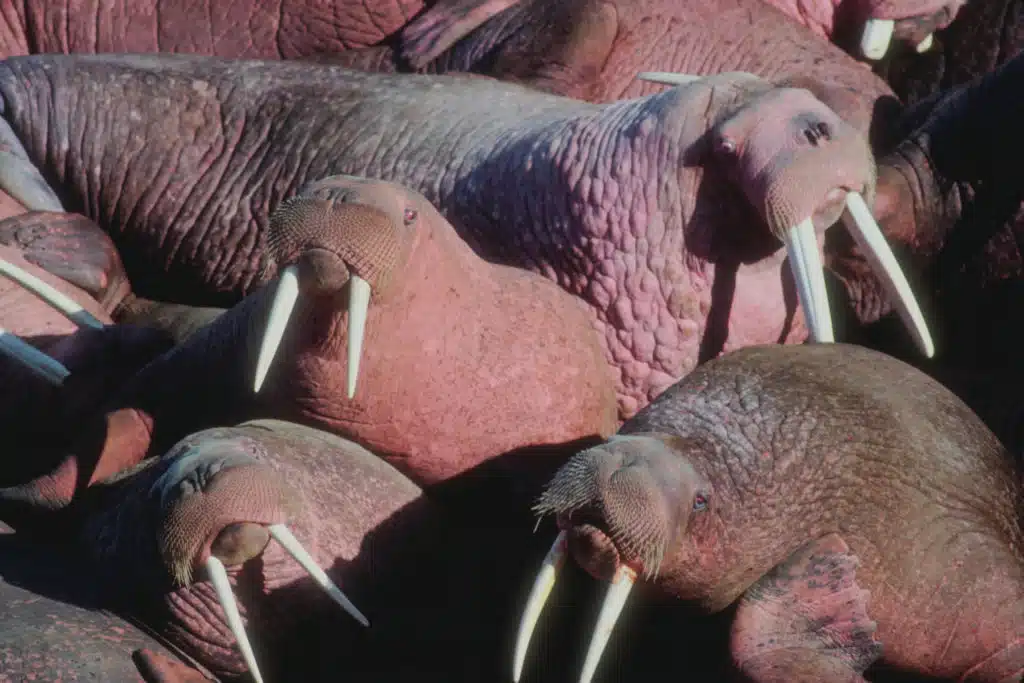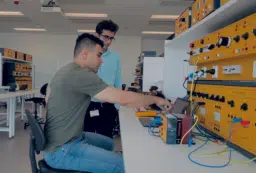An Adelaide researcher has used kelp to demonstrate a principle of importance to planners and conservationists-that the best way to maintain rare species when habitats are broken up and destroyed is to ensure neighbouring patches are as close together as possible.
By studying the diverse communities of marine animals that live inside the holdfasts where kelps attach to rock, Paris Goodsell of the University of Adelaide was able to investigate the impact of fragmentation on the diversity of species remaining in habitat patches. What she found was that rare species were the most sensitive to habitat fragmentation, and that as the number remaining habitat patches decreases the negative effect of isolation on biodiversity increases.
“The holdfast at the base of each plant forms a discrete mini-habitat, which can be easily and cheaply manipulated,” says Goodsell. “Reducing the number of habitats dramatically changed the patterns of diversity, but this effect was not as great when neighbouring habitats were close together. And the differences in diversity were mostly because of the reaction of rare species rather than the common ones.”
Habitat fragmentation is a significant cause of species loss and extinction, but is hard to study scientifically because of the ethical and practical issues of deliberately destroying habitats for the purposes of an experiment. By using small-scale systems, Goodsell was able to observe how communities reacted to habitat fragmentation, without causing irreversible damage.
“We’ve selected them from 105 national nominations, brought them to Melbourne, trained them and thrown them to the [media] lions,” said Niall Byrne, Chairman of Fresh Science. “It’s all about focussing public and media attention on Australian scientific achievement.”





 Fresh Science is on hold for 2022. We will be back in 2023.
Fresh Science is on hold for 2022. We will be back in 2023.
Post your comments